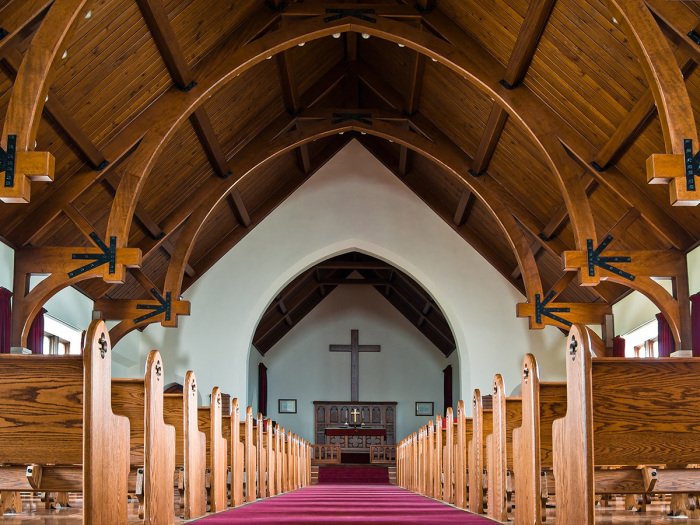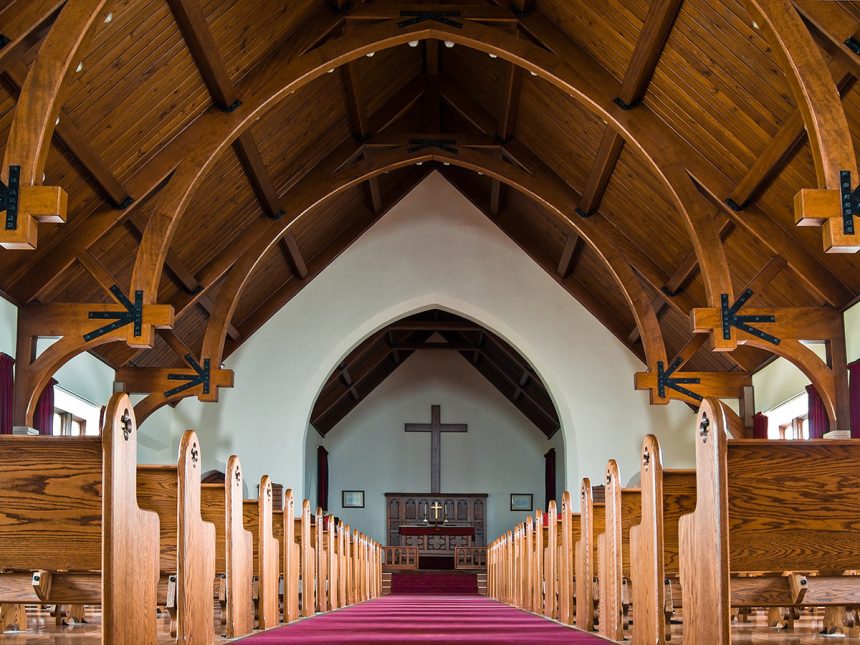
Public trust in pastors has dropped to a new low, according to the latest Gallup poll. The survey finds that only 30% of Americans rate clergy as highly honest and ethical, continuing a downward trend.
Gallup’s findings, released this week, place clergy in 10th position among the 23 professions measured, below auto mechanics (33%) and judges (28%), but above bankers (23%) and nursing home operators (21%).
Gallup’s December 2-18, 2024, poll also revealed that 20% of Americans rate clergy’s honesty and ethics as low or very low, while another 42% see pastors as having average standards. Seven percent say they have no opinion about clergy.
Gallup’s measurements show that this year’s figure aligns with the overall shift in public perceptions of various professional groups, many of which have experienced a decline in trust.
The polling organization, which has tracked some occupations annually since 1999, said most professions have recorded lower honesty and ethics ratings over time. “The proportion saying the clergy have high or very high ethics is down from an average 56% in 2000-2009 to 30% today,” Gallup noted.
About the Gallup poll results, Lifeway Research observed that pastors “still rate among the top half of professions included,” yet remain below majorities that trust nurses (79%), grade-school teachers (61%), military officers (59%), pharmacists (57%), and medical doctors (53%).
Over the early 2000s, the average level of trust across these groups hovered at or above 40%. It then dipped closer to 35% in the 2010s, and has stood at 30% for the past two years, matching the current trust levels for pastors.
Gallup’s data showed that 21 of the 22 professions measured in both 2024 and 2021 have declined in public esteem, leaving state officeholders as the lone exception with a 2-point increase in that period.
“Previously, a broad majority of the U.S. held pastors in the highest regard,” Lifeway stated, recalling that 67% of Americans considered pastors highly honest and ethical in 1985. The figure briefly rebounded to 64% in 2001, coinciding with a wave of public support following the September 11 attacks.
However, reports of sexual abuse in religious settings, such as the 2002 investigations by The Boston Globe, appear to have eroded trust. Gallup described 2002 and 2018 as points in time that mirrored negative developments in the Catholic Church and other denominations, while Lifeway pointed to the “additional sex abuse reports in other denominations and Christian groups” as relevant factors.
Gallup’s data also suggested that Americans’ changing religious affiliations and decreased churchgoing habits could be contributing to the decline.
Lifeway mentioned that the “growing proportion of nonreligious adults express lower trust than religious adults,” which influences overall ratings. This downturn in religiosity is reflected in how pastors fare among demographic segments.
Republicans (46%) rate clergy higher than Independents (24%) and Democrats (25%), according to Lifeway. White Americans (37%) are more likely to view pastors positively compared with non-white Americans (20%). Younger adults aged 18-34 give pastors a 20% high rating, while older demographics show greater trust levels.
Income and education also appear to correlate with how Americans perceive clergy.
Lifeway stated that among those with an annual household income of $50,000 or less, only 27% hold positive opinions of pastors. That proportion increases to 40% among those earning more than $100,000. Individuals who have completed a college degree rate clergy more highly, at 40%, compared with 20% among those with only a high school diploma or less. Further, 18- to 34-year-olds reported a brief surge last year, with 30% expressing trust, but that reading returned to 20% this year.
Americans have consistently had low esteem for lobbyists, members of Congress and TV reporters, which Gallup identifies as three groups receiving ratings below 15%. Advertising practitioners (8%) and car salespeople (7%) remain near the bottom of the scale.








